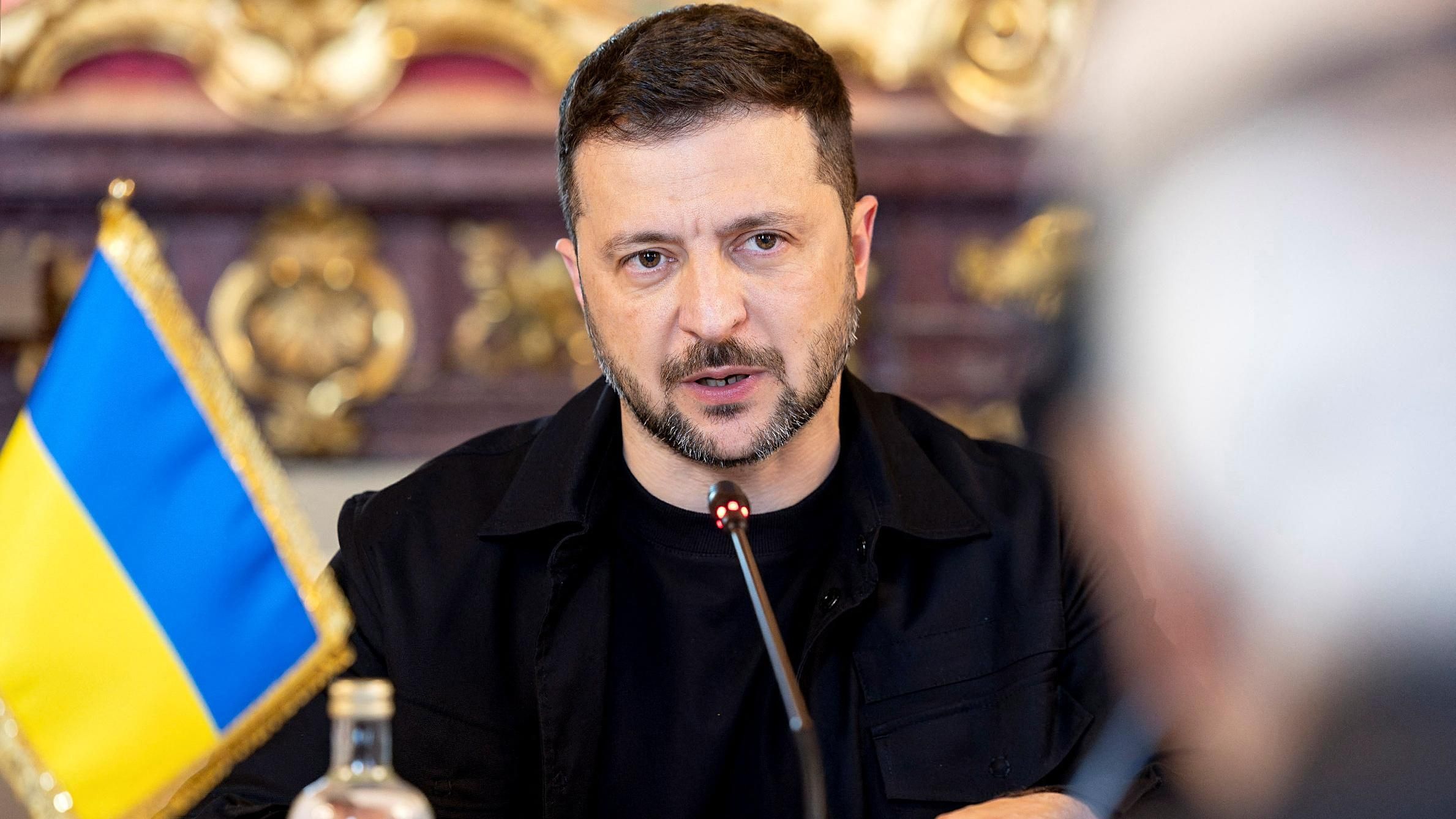Mass protests erupted across Ukraine following a controversial law introduced by President Volodymyr Zelensky that threatened the independence of two key anti-corruption bodies, the National Anti-Corruption Bureau (Nabu) and the Specialised Anti-Corruption Prosecutor’s Office (Sap).
Thousands of mostly young Ukrainians took to the streets in major cities, carrying placards urging the government to “take their hands off” the agencies. Their campaign marked the most significant public outcry since Russia’s full-scale invasion, pushing back against what they saw as a rollback of democratic safeguards.
Parliament Reverses Course Amid Protests, Raising Concerns Over Reform and EU Commitments
In response to the widespread backlash, Ukraine’s parliament, the Rada, convened and voted decisively, 331 to 0, to overturn the very law they had passed just 10 days earlier. Lawmakers held signs reading, “We are with our people,” signaling their support for the protesters’ demands.
Although they reversed course swiftly, the incident raised serious concerns about the president’s initial willingness to compromise on anti-corruption measures. While the reversal was a victory for civil society, it also exposed tensions within the political leadership.
Ukraine’s fight against corruption is directly tied to its European Union accession hopes. In 2022, the country was granted candidate status conditional on meaningful reform, especially in curbing corruption. Western donors and partners have made it clear that the independence of agencies like Nabu and Sap is a non-negotiable requirement for continued support.
For a country facing a war and a battered economy, maintaining this trust is essential. The initial move to centralize prosecutorial authority under the president risked undermining both EU confidence and future funding.
Power Struggles and Political Interference Threaten Ukraine’s Reform Path and Global Trust
Much of the scrutiny has fallen on Andriy Yermak, Zelensky’s powerful chief of staff, who operates without formal constitutional oversight. Critics believe he played a key role in the controversial changes and see this as emblematic of deeper issues in Ukraine’s power structure.
Further fueling concerns, the government recently blocked the appointment of a widely respected anti-corruption expert, Oleksandr Tsyvinski, to head the Bureau for Economic Security. Officially, Tsyvinski was denied security clearance, but the move was widely interpreted as political interference.
This episode has created one of the most significant political crises for Zelensky since he took office in 2019. It has cast doubt on his commitment to reform and could seriously jeopardize Ukraine’s international backing.
With a projected $13 billion budget shortfall next year, Kyiv’s ability to sustain its war effort against Russia depends heavily on continued Western financial support. The young protesters who braved the streets amid ongoing drone and missile threats seemed to understand this, asserting their role as guardians of Ukraine’s democratic path and European aspirations.

Leave a Reply